Demonstrating Research and Innovation in Commercial, Public and Social Domains
- Introduction – Alessandro Sforzin, NEC Laboratories GmbH
- Open Banking – David Goodman, Trust in Digital Life (TDL), Médéric Collas and Erwan Dano, Groupe BPCE, Ramón Martín de Pozuelo, CaixaBank
- Maritime Transport – Spyros Papastergiou, University of Piraeus
- Smart Cities – Vincenzo Savarino, Engineering & Antonio Skarmeta, University of Murcia
CyberSec4Europe’s objective is to lead the European cybersecurity research and innovation efforts with technology advancements catering to the complex reality of the digital single market, as well as the security of European citizens and society as a whole. To this end, CyberSec4Europe’s WP5 comprises a well-balanced combination of industrial participants and research centres that collaboratively identified and analysed cybersecurity industrial challenges in selected sectors, and are cooperating to develop appropriate solutions to address those challenges. The demonstration cases have produced a rich set of functional and non-functional requirements that guided research, technology development and design, and helped define the project’s long-term research roadmap. In this session, we present three of the seven demonstration cases: Open Banking, Maritime Transport, and Smart Cities. We will highlight the importance of their work, their future plans, and have an early look at some of their planned functionalities.
The CyberSec4Europe session is here with the presenters’ bios below:
Alessandro Sforzin, NEC Laboratories GmbH
 Alessandro Sforzin received his Master of Science in Computer Science from the University of Padua in December 2015. He is currently a scientist in the security group of NEC Laboratories Europe. His research areas include blockchain security and trusted execution environments.
Alessandro Sforzin received his Master of Science in Computer Science from the University of Padua in December 2015. He is currently a scientist in the security group of NEC Laboratories Europe. His research areas include blockchain security and trusted execution environments.
Open Banking
David Goodman, Trust in Digital Life (TDL)
 Dr David Goodman is a consultant working in digital transformation, specifically the areas of identity management and security, data protection and privacy regulation as well as emerging technologies. He has worked in senior management positions across a wide range of companies in Europe and North America from start-ups (Soft-Switch, Metamerge) to global brands (Lotus Development, IBM, Nokia Siemens Networks and Ericsson) as well as University College London. David is currently a principal consulting analyst with TechVision Research, chief evangelist with iGrant.io, a senior consultant with Trust in Digital Life association and, until recently, executive director of the Open Identity Exchange (OIX). He is work package leader for dissemination and communication in the CyberSec4Europe and CSI-COP H2020 projects, and task leader for Open Banking roadmapping and demonstrators in CyberSec4Europe.He has a BA from the University of Manchester and a D.Phil. from the Oriental Institute, University of Oxford.
Dr David Goodman is a consultant working in digital transformation, specifically the areas of identity management and security, data protection and privacy regulation as well as emerging technologies. He has worked in senior management positions across a wide range of companies in Europe and North America from start-ups (Soft-Switch, Metamerge) to global brands (Lotus Development, IBM, Nokia Siemens Networks and Ericsson) as well as University College London. David is currently a principal consulting analyst with TechVision Research, chief evangelist with iGrant.io, a senior consultant with Trust in Digital Life association and, until recently, executive director of the Open Identity Exchange (OIX). He is work package leader for dissemination and communication in the CyberSec4Europe and CSI-COP H2020 projects, and task leader for Open Banking roadmapping and demonstrators in CyberSec4Europe.He has a BA from the University of Manchester and a D.Phil. from the Oriental Institute, University of Oxford.
Médéric Collas, Groupe BPCE
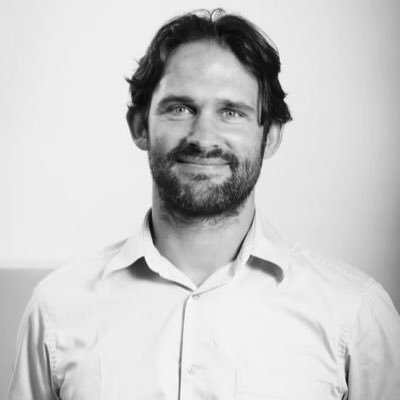 Médéric COLLAS is Innovation Manager at CESM (Centre d’Expertise en Sécurité Métier). After receiving his diploma in physics from the French engineering school SUPELEC, he has spent more than 15 years in computer science, holding various positions from IT expertise, project manager to enterprise and system architecture in the finance industry. He is currently the project manager of the OBSIDIAN project and the executive director of the OcSSImore association.
Médéric COLLAS is Innovation Manager at CESM (Centre d’Expertise en Sécurité Métier). After receiving his diploma in physics from the French engineering school SUPELEC, he has spent more than 15 years in computer science, holding various positions from IT expertise, project manager to enterprise and system architecture in the finance industry. He is currently the project manager of the OBSIDIAN project and the executive director of the OcSSImore association.
Erwan Dano, Groupe BPCE
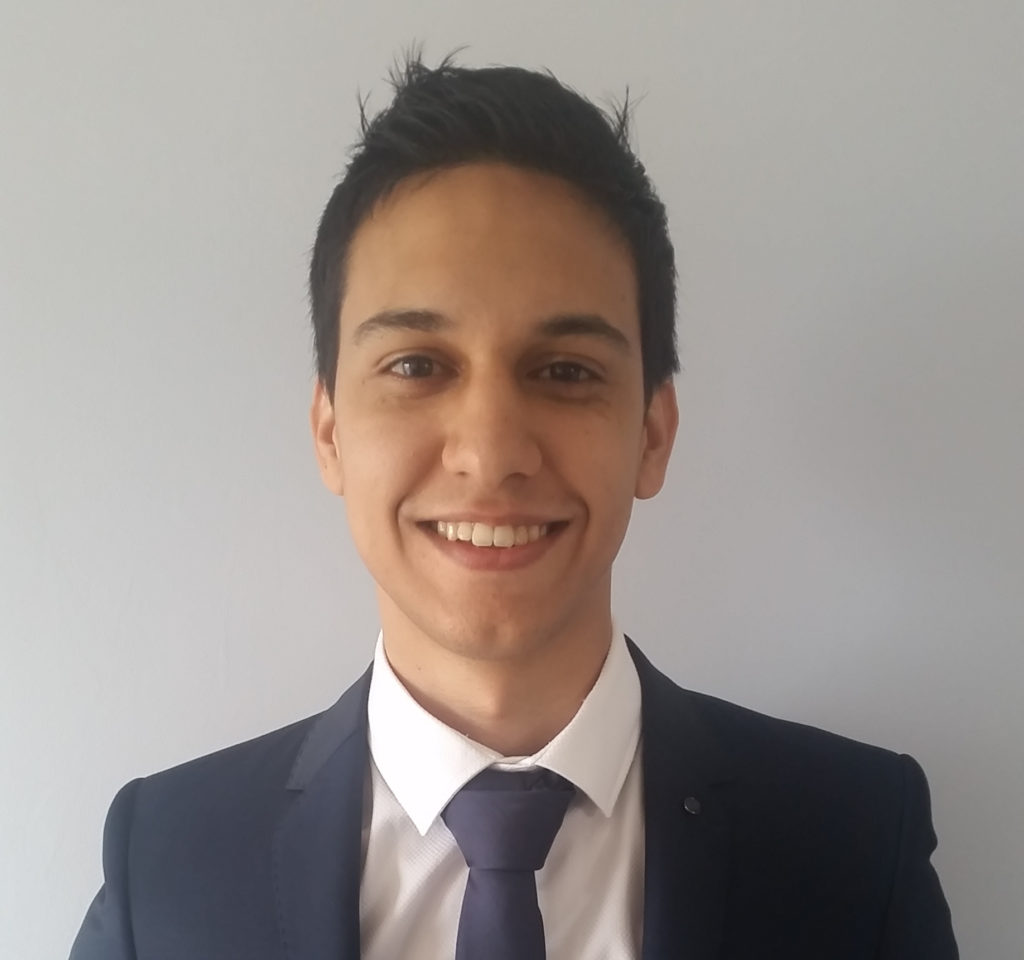
Erwan DANO is a security engineer with both a telecommunication and networks engineering degree from ENSEEIHT and a MSc in Computing, Security and Forensics from Dublin City University. He has worked as a security consultant, developer, penetration tester, project security officer, assistant to the CISO, and security researcher in the banking sector. After working for large corporations specialised in security consulting, he started freelancing and is currently the technical leader on the OBSIDIAN project where he chose the technologies in use, designed the architecture, performed the security analyses and developed the existing prototypes.
Ramón Martín de Pozuelo, CaixaBank

Dr Ramón Martín de Pozuelo received B.Sc. and M.Sc. degrees in Telecommunications Engineering and a Ph.D. in ICT and its Management (all with honours) at La Salle School of Engineering from Universitat Ramon Llull (URL), Barcelona in 2007, 2010, and 2017 respectively. As a researcher in La Salle he participated in several European research and innovation projects related to different fields, especially in the design of heterogeneous data networks and information systems for smart grids and smart cities, and the definition of network architectures, ICT and security solutions. In 2018 he joined as a Project Manager for Technical Fraud Prevention and Security Innovation and Transformation in which he has been managing the participation of CXB in several H2020 projects. Ramón is a Certified Fraud Examiner (CFE, since 2018).
Maritime Transport
Spyros Papastergiou, University of Piraeus
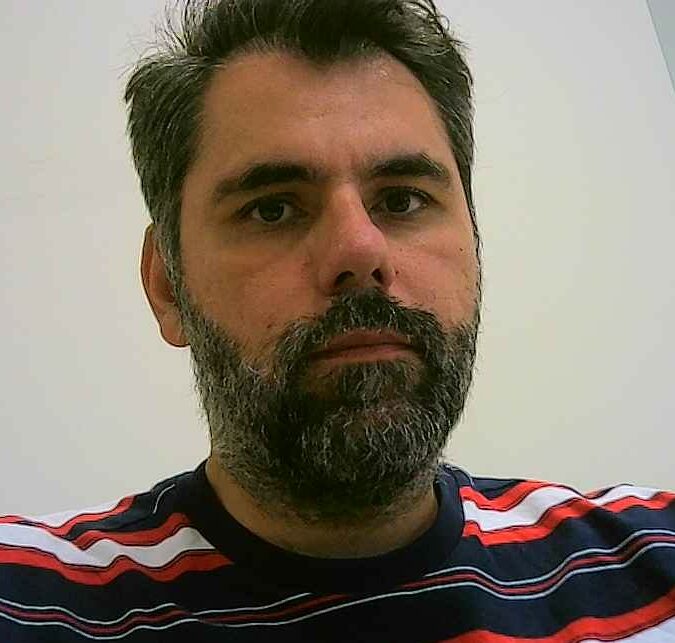 Dr Spyros Papastergiou is a Senior Security Researcher at the University of Piraeus Research Center where he manages and coordinates EU projects. His research focuses on the protection of Critical Infrastructures (CIs) from malicious intrusions and security breaches as well as the risk assessment and evaluation for emergency response operations and he has authored over 40 publications in the above fields. He has been involved in a set of European and national research projects (etc. MITIGATE, SAURON, Operando, CyberSec4Europe, Cybersane, Cyrene, and AI4HealthSec). Also, he actively participates in various Cyber Defence Exercises organised by the Hellenic National Defense General Staff, NATO and ENISA.
Dr Spyros Papastergiou is a Senior Security Researcher at the University of Piraeus Research Center where he manages and coordinates EU projects. His research focuses on the protection of Critical Infrastructures (CIs) from malicious intrusions and security breaches as well as the risk assessment and evaluation for emergency response operations and he has authored over 40 publications in the above fields. He has been involved in a set of European and national research projects (etc. MITIGATE, SAURON, Operando, CyberSec4Europe, Cybersane, Cyrene, and AI4HealthSec). Also, he actively participates in various Cyber Defence Exercises organised by the Hellenic National Defense General Staff, NATO and ENISA.
Smart Cities
Vincenzo Savarino, Engineering
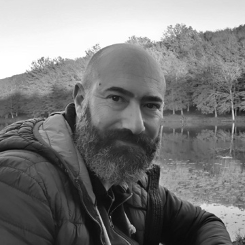 Vincenzo Savarino is a Senior Researcher in the Open Public Service Innovation Laboratory at Engineering’s Research and Development Laboratory. A graduate in Computer Engineering from the University of Palermo, since 2004, he has worked on the preparation, management and development of Italian and European research and innovation projects, in particular on topics related to smart and digital cities. He gained extensive experience on privacy-enhancing technologies, DLT technologies, business and process modeling, digital fabrication and human computer interaction. He is responsible for the CyberSec4Europe smart cities pilot.
Vincenzo Savarino is a Senior Researcher in the Open Public Service Innovation Laboratory at Engineering’s Research and Development Laboratory. A graduate in Computer Engineering from the University of Palermo, since 2004, he has worked on the preparation, management and development of Italian and European research and innovation projects, in particular on topics related to smart and digital cities. He gained extensive experience on privacy-enhancing technologies, DLT technologies, business and process modeling, digital fabrication and human computer interaction. He is responsible for the CyberSec4Europe smart cities pilot.
Antonio Skarmeta, University of Murcia
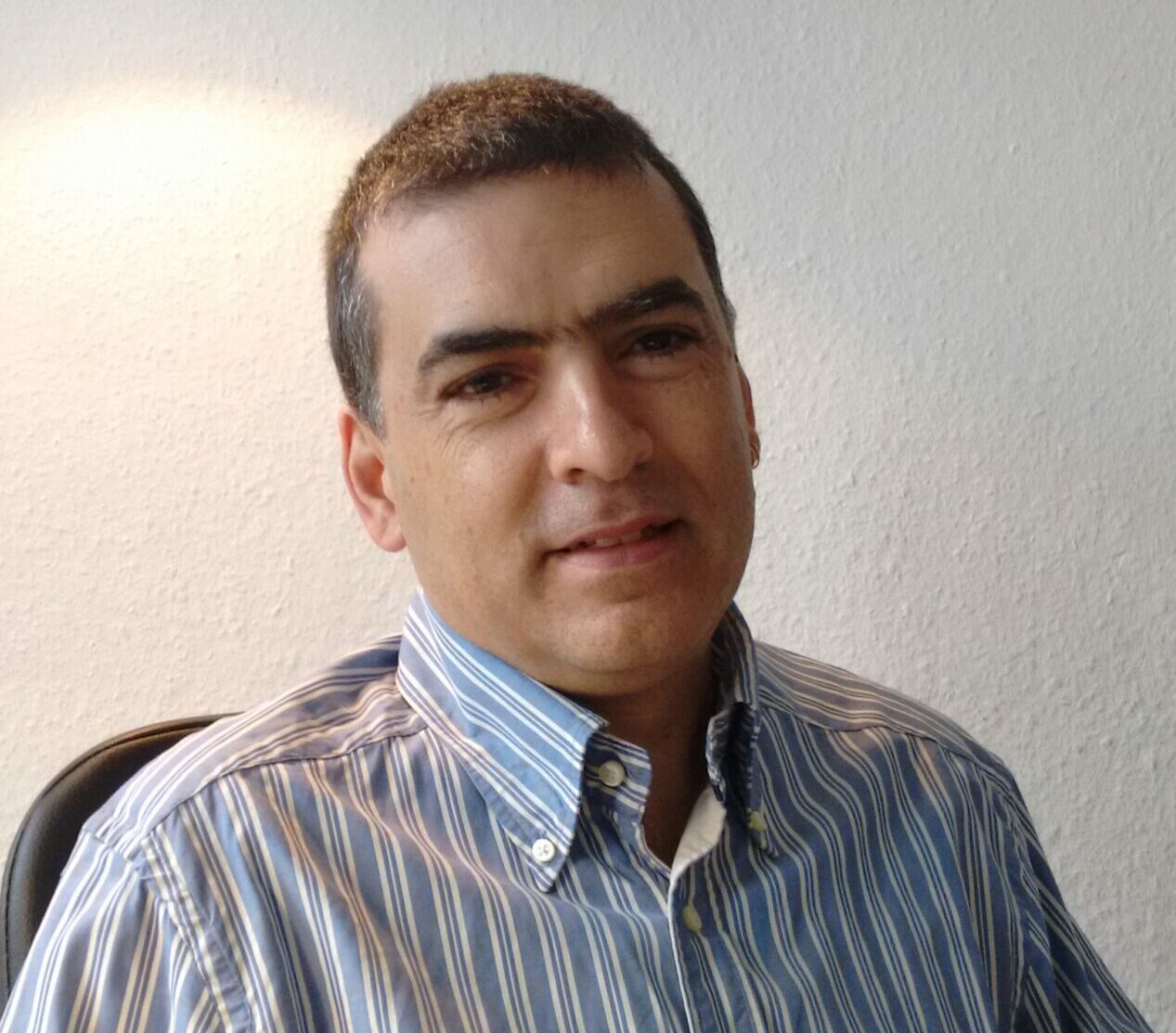 Dr Antonio Skarmeta received a M.S. degree in Computer Science from the University of Granada and B.S. (Hons.) and the Ph.D. degrees in Computer Science from the University of Murcia. Since 2009 he has been Full Professor in the same University.department. Antonio has worked on different national and international research projects in the networking, security and IoT areas, like ENABLE, DAIDALOS, SWIFT, SEMIRAMIS, SMARTIE, SOCIOTAL and IoT6 and is now involved in CyberSec4Europe and BIECO. He coordinates the H2020 project IoTCrawler focusing on IoT advanced discovery on IPv6 networks and OLYMPUS on privacy preserving identity management His main interest is in the integration of IPv6, security services, identity, IoT and smart cities. He has been head of the research group ANTS since its creation on 1995. He is also advisor to the vice-rector of research of the University of Murcia for international projects and head of the International Research Project Office. Since 2014 until 2010 he has been Spanish National Representative for the MSCA within H2020. He has published over 200 international papers and is member of several program committees. He has also participated in several standardisation for the like of IETF, ISO and ETSI and has been nominated as IPv6 Forum Fellow. Dr. Skarmeta it is owner of several patents on telemonitoring-based IoT solutions. He is also CTO of the spin-off company Odin Solution S.L. (OdinS) in the area of IoT and smart infrastructure.
Dr Antonio Skarmeta received a M.S. degree in Computer Science from the University of Granada and B.S. (Hons.) and the Ph.D. degrees in Computer Science from the University of Murcia. Since 2009 he has been Full Professor in the same University.department. Antonio has worked on different national and international research projects in the networking, security and IoT areas, like ENABLE, DAIDALOS, SWIFT, SEMIRAMIS, SMARTIE, SOCIOTAL and IoT6 and is now involved in CyberSec4Europe and BIECO. He coordinates the H2020 project IoTCrawler focusing on IoT advanced discovery on IPv6 networks and OLYMPUS on privacy preserving identity management His main interest is in the integration of IPv6, security services, identity, IoT and smart cities. He has been head of the research group ANTS since its creation on 1995. He is also advisor to the vice-rector of research of the University of Murcia for international projects and head of the International Research Project Office. Since 2014 until 2010 he has been Spanish National Representative for the MSCA within H2020. He has published over 200 international papers and is member of several program committees. He has also participated in several standardisation for the like of IETF, ISO and ETSI and has been nominated as IPv6 Forum Fellow. Dr. Skarmeta it is owner of several patents on telemonitoring-based IoT solutions. He is also CTO of the spin-off company Odin Solution S.L. (OdinS) in the area of IoT and smart infrastructure.
